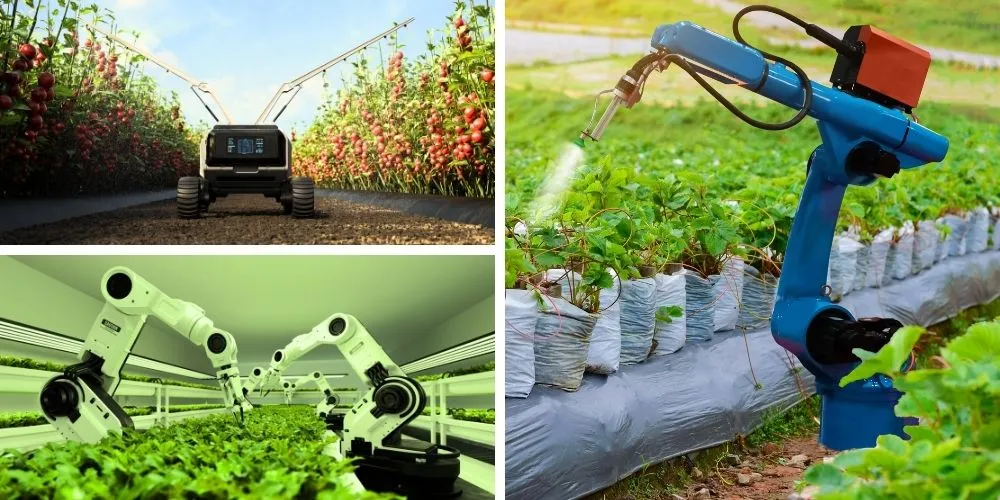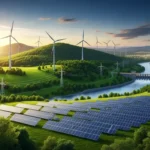Sustainable agriculture is not just a farming method but a transformative approach emphasizing harmony with the environment, social responsibility, and economic viability. This insightful analysis explores the significance of sustainable agriculture, its impact on communities and ecosystems, its challenges, and its promising future in feeding a growing global population while preserving the planet.
Significance of Sustainable Agriculture
Sustainable agriculture is profoundly significant due to several key aspects:
- Environmental Conservation: It promotes soil health, reduces water consumption, minimizes pollution, and conserves biodiversity, ensuring a balanced and resilient ecosystem.
- Food Security: By adopting sustainable practices, we ensure the long-term availability of nutritious food for a growing global population.
- Economic Viability: Sustainable farming practices improve yields, reduce input costs, and enhance the economic stability of farmers and rural communities.
- Climate Resilience: It mitigates climate change by sequestering carbon, reducing greenhouse gas emissions, and building climate-resilient farming systems.
Impact on Communities and Ecosystems
Sustainable agriculture has far-reaching impacts:
- Community Empowerment: empowers farmers with knowledge and resources, fostering self-sufficiency and community resilience.
- Ecosystem Restoration: Sustainable farming methods regenerate degraded land, protect watersheds, and preserve wildlife habitats.
- Food Quality and Nutrition: It improves food quality and nutrition by avoiding harmful chemicals and prioritizing diverse crops.
- Poverty Alleviation: Sustainable farming can help lift smallholder farmers out of poverty by enhancing productivity and market access.
Challenges in Sustainable Agriculture
Sustainable agriculture encounters several challenges:
- Knowledge and Education: Farmers need access to appropriate training and knowledge about sustainable practices to implement them effectively.
- Market Access: Access to fair markets and a lack of price incentives for sustainable produce can discourage farmers from adopting sustainable methods.
- Policy and Regulation: Insufficient government policies and inadequate incentives often hinder the widespread adoption of sustainable practices.
- Resource Limitations: Limited access to water, land, and capital resources can impede the transition to sustainable agriculture.
The Future of Sustainable Agriculture
The future of sustainable agriculture holds great promise:
- Technology Integration: Leveraging technologies such as precision farming and IoT will optimize resource use and enhance productivity sustainably.
- Agroforestry and Permaculture: Integrating these principles will enrich soil, increase biodiversity, and enhance sustainability.
- Circular Economy in Agriculture: Adopting circular economy principles will reduce waste, promote recycling, and create a more sustainable agricultural system.
- Consumer Awareness and Demand: Growing consumer awareness and demand for sustainable food will drive market forces toward more sustainable agricultural practices.
Conclusion
Sustainable agriculture is a critical pathway towards a better, more balanced future. It is an approach that acknowledges the interdependence of our ecosystem and the importance of responsible stewardship of our resources. We can concurrently address food security, economic stability, and environmental conservation by prioritizing sustainability in our agricultural systems. As we navigate challenges and embrace innovative solutions, we will ensure a nourished planet for future generations.





